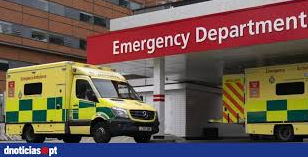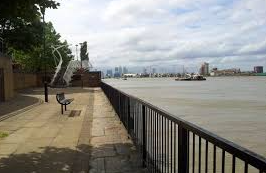
Long Delays for Urgent Care Highlight Strains on Emergency Services
A recent analysis indicates that some patients in England have endured ambulance waits exceeding two days. Data from Labour’s Freedom of Information requests revealed extended wait times for ambulance responses and hospital admission delays. In December, a patient in the North West waited over 65 hours for a category 3 ambulance, which covers urgent but non-life-threatening needs. The typical target for such responses is within two hours for 90% of cases.
For more critical category 2 calls, including heart attack and stroke patients, the longest waits reached over 21 hours in the West Midlands and Yorkshire, despite an 18-minute target. December also saw East Midlands patients waiting over 26 hours for category 2 care.
Additional data highlighted cases where patients spent up to 40 hours waiting in ambulances outside hospitals in regions such as the South West and East of England. NHS Providers chief Sir Julian Hartley pointed to high demand, workforce shortages, and limited capacity as contributing factors to these delays. He emphasised the urgent need for a fully funded workforce plan to resolve these issues.
NHS England’s statistics show that in December, average category 2 call response times reached one hour and 33 minutes, later improving to 39 minutes in January but still above the target. Shadow health secretary Wes Streeting criticised the government’s handling of NHS staffing and pledged a Labour-led expansion of the workforce to address delays. Meanwhile, the government outlined its Urgent and Emergency Care Recovery Plan, including scaling up community services and introducing 800 new ambulances to improve response times.










